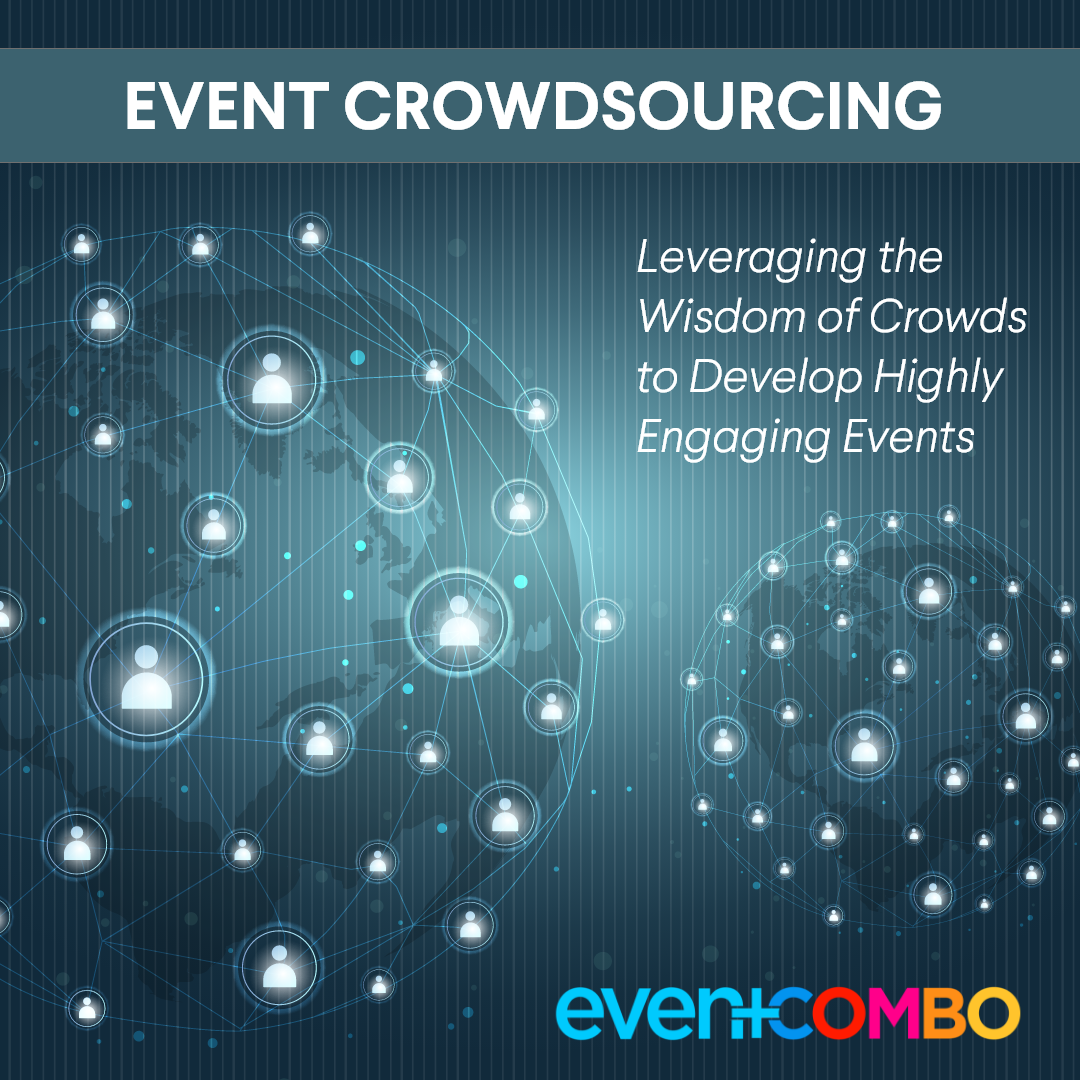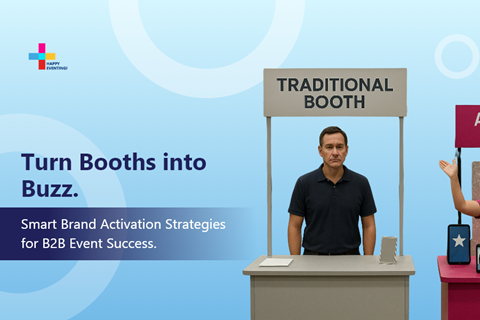

One of the biggest perplexities faced by brands is how to gather useful insights from an end consumer. It’s often challenging to comprehend what are the ways in which they can engage with their consumers to get a deeper understanding of what they like or dislike about the brand. More important questions like what are the pain points that need to be addressed or what exactly will make their consumers happy are not easy to answer.
Getting people to fill out survey forms is again a tedious task. Although modern methods have made conducting surveys a little easier through emails and social media. But there is still a lack of active participation on the customer’s end since no one wants to sit and fill out long and boring survey forms.
When we talk about event management, what if there was a way for event planners to reach out to their audience and engage them during the planning process. This can help planners better understand attendee expectations including what is it that they would like to experience and, overall, what the attendees are looking for in the event. Having answers to these questions can enable organizers to plan a great event, deliver a memorable experience, and ensure attendees are satisfied with the conference, event, or meeting. Now here comes the concept of crowdsourcing, which could make finding these answers easy.
What is crowdsourcing?
Crowdsourcing, according to Oxford Dictionary, is defined as the process of gathering data or information about a specific project or service by inviting a number of people (paid or unpaid) to share their knowledge and discuss ideas through mass participation.
In simpler terms, it can also be defined as gathering useful data/information by seeking knowledge through a group of people.
The practice is famous for utilizing the knowledge of a particular group of people to achieve a common target. One of the best applications of crowdsourcing is to solve complex problems or to streamline a difficult task, which can be easily achieved through group inputs.
Crowdsourcing in events
There are a number of ways in which event organizers can use crowdsourcing to improve the overall event experience. For example, one of the ways is to ask event attendees or guests to vote or suggest topics for group activities or panel discussions. Additionally, this method can be used to decide on speakers or panel leads.
The planners can also invite participants for brainstorming event ideas and concepts, weeks before the event. When participants feel their views are being taken into consideration, they are more emotionally invested and excited for the entire process. When crowdsourced event ideas are actually implemented, it leads to higher attendance, engagement, and brand loyalty.
Event elements to crowdsource
Depending on the type of event and potential activities, there are a number of elements one can crowdsource. Let us have a look at some:
1. Marketing events
2. Conferences
3. Exhibitions and trade shows
Crowdsourcing approaches at each stage of the event lifecycle
There are several ways event planners can crowdsource interesting event ideas. Implementing different strategies at different stages of the event lifecycle can be immensely helpful.
But what is most valuable is having a Community platform, where attendees can gather and in real-time, chat, connect and share experiences openly and transparently with your selected group. Using our Community platform is the most powerful way to Crowdsource data and improve event experiences.
Benefits of crowdsourcing
When a wider group of people work together it unlocks diversified thinking, improves ideation, and helps identify and solve problems quickly.
If you want to learn more about how to organize awesome in-person, virtual and hybrid events, book your demo now!

Most B2B event press releases read like formal checklists, just a list of details no one remembers. But it’s crucial not to treat it as just an announcement. It’s your first shot at positioning your event in the market.

Corporate events are how companies bring people together to drive business forward, whether that’s customers, partners, prospects, or their own teams. Organizations are using different types of corporate events to...

Brand presence is easy. Brand impact takes strategy. That’s where brand activation comes in. It pulls in decision-makers, creates hands-on engagement, and converts event buzz into a pipeline. Static booths don’t cut it.